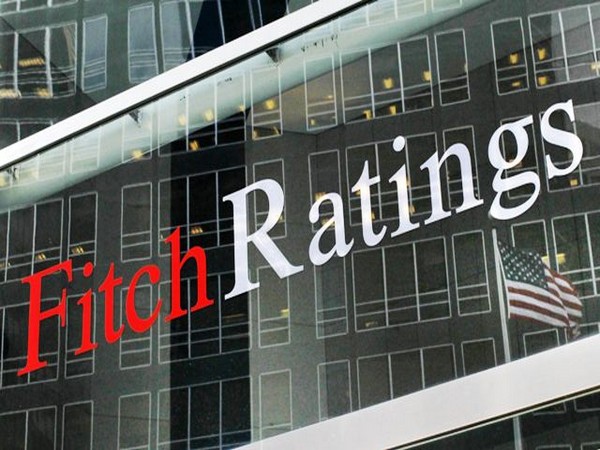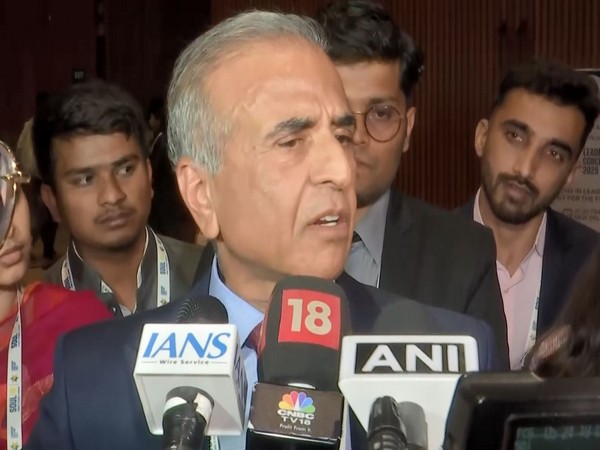
Fitch cuts India growth forecast to 30-year low of 2 pc for FY21
Singapore, April 3 (ANI): Fitch Ratings on Friday cut its GDP growth forecast for India to 2 per cent for the fiscal year ending March 2021 after lowering it to 5.1 per cent previously, which will make it the slowest growth in India over the past 30 years. Micro, small and medium-sized enterprises (MSMEs) and the services segment are likely to be among the most affected amid reduced consumer spending, it said.
On March 20, Fitch had projected India’s GDP growth for 2020-21 at 5.1 per cent, lower than 5.6 per cent estimated in December 2019. The initial disruptions to regional manufacturing supply chains from lockdown in China as the coronavirus spread have now broadened to include local discretionary spending and exports even as parts of China return to work. “Fitch now expects a global recession this year and recently cut our GDP growth forecast for India to 2 per cent for the fiscal year ending March 2021 after lowering it to 5.1 per cent previously, which will make it the slowest growth in India over the past 30 years.”
The challenges for India’s non-bank financial institutions (NBFIs) will intensify as local measures to contain the spread of the coronavirus exert pressure on their operating performance and financial profiles, said Fitch. Government-imposed activity restrictions in India will raise operational complications for the NBFIs, while any escalation in local infections will deal a blow to economic sentiment.
“These developments threaten to derail the incipient recovery in India’s credit environment following the NBFI crisis in 2018-2019, and Fitch has taken negative action on our rated Indian NBFI portfolio in light of these risks,” it said in a statement.
MSMEs and services segment can comprise a significant part of the loan portfolio for some non-bank lenders, though they form just 8 per cent of system NBFI credit as a whole. NBFIs’ business borrowers are typically smaller with more limited cash buffers, and any material fall in earnings is likely to affect their ability to repay their loans directly.
Other loan classes that are likely to have greater exposure include commercial-vehicle lending due to the segment’s direct correlation with business activity, microfinance loans and construction funding as work is delayed and property sales will take time to recover from the hit to sentiment.
Meanwhile, said Fitch, short-tenor asset classes like consumer-durable and gold loans may face portfolio run-offs as fresh disbursements are curtailed, affecting profitability. (ANI)



